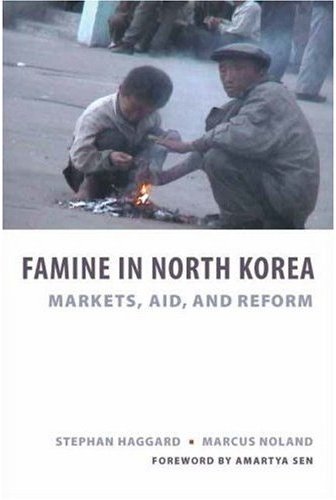Daily NK
Kim Min Se
9/4/2007
Recently, a report was issued that Pyongyang’s Chosun Central Historical Museum made a request to a Japanese broadcaster to buy a rare cultural artifact, a bamboo chest with an engraved drawing for $700,000, causing a shock to the domestic historical world.
On June 10th, Japan’s TBS broadcasted a program called, “Special Report – Why was it sold? North Korea’s Historical Treasure,” but its contents were divulged belatedly, so was reported domestically only recently.
The program contained in detail TBS’ freelancer cameraman Gatanoda’s visit to North Korea and his direct exchange of cultural assets with a person who asserted himself as the “Chosun Central Historical Museum’s Vice-Curator.”
The North Korean government’s officials’ chronic corruption and drain of nationally propagated cultural assets due to careless maintenance of the state is well-known. However, the spread of news of the Central Historical Museum’s Vice-Curator directly stepping forward like this time and attempting sales with a foreigner is at its first.
Due to this event, the shock received by South Korean experts on history has been huge. When this event was reported on the 31st of September, domestic cultural experts said, “If they are going to insist on selling to foreigners, they should make a long-term loan to our National Central Museum and receive rental fees instead.”
“There is the possibility of selling fakes.”
However, criticisms on whether such occurrences are actually possible are not negligible. In particular, most of the “bridgeheads” for the outflow of North Korean cultural assets, businessmen in Dandong, China cannot be trusted. In Dandong, 100~150 curio dealers have formed large-sized businesses and are selling North Korean cultural assets to South Korean dealers.
In Dandong, Chae Jung In (pseudonym), who has been selling North Korean cultural assets for 10 years, in a recent phone conversation with DailyNK, retorted, “Think about this how they dare sell the national assets from the Museum?”
He said, “If North Korea is in a dire situation as in the late 90s, I can understand, but there is no way that it is secretly dealing cultural assets with foreigners. Those who know the North Korean situation well will never believe that, considering people can be put to death for secret sales if the treasures are rare.”
He carefully proposed the possibility that the bamboo chest reported this time is a fake, “In the late 90s, I did hear that there were cases of the North Korean museum out flowing fake cultural assets.”
Also, another curio dealer, Lee Myung Hee, said, “A year ago, the North Korean museum, introduced a Japanese person after receiving the request to sell a saber used by the Japanese Lord of the Heaven, but it was revealed as a fake, so they lost face.”
Mr. Lee hinted the possibility of “frauds,” saying, “The tendency of the North Korean people, when conducting such business, is not to directly deal with South Korean or Japanese people.” The reason for this is that, “They can be mistaken for South Korean spies and can be executed.”
Ms. Lee is a veteran who has been selling North Korean cultural assets since the beginning of the 90s. At one time, she entered Kaesung with Chinese identity in order to acquire highly-treasured antiques, but was arrested under the charge of espionage, stayed in a North Korean prison for a year, and came out as a “living witness of North Korean cultural asset drainage.”
One treasure that the North Korean Central Historical Museum surreptitiously tried to sell is a 3rd-century bamboo chest unearthed in Pyongyang by the North Korean Historical Remains Research Committee in 1931 and Japan’s TBS reported at the time that it was a valuable relic deemed as a “top-class world asset.”

